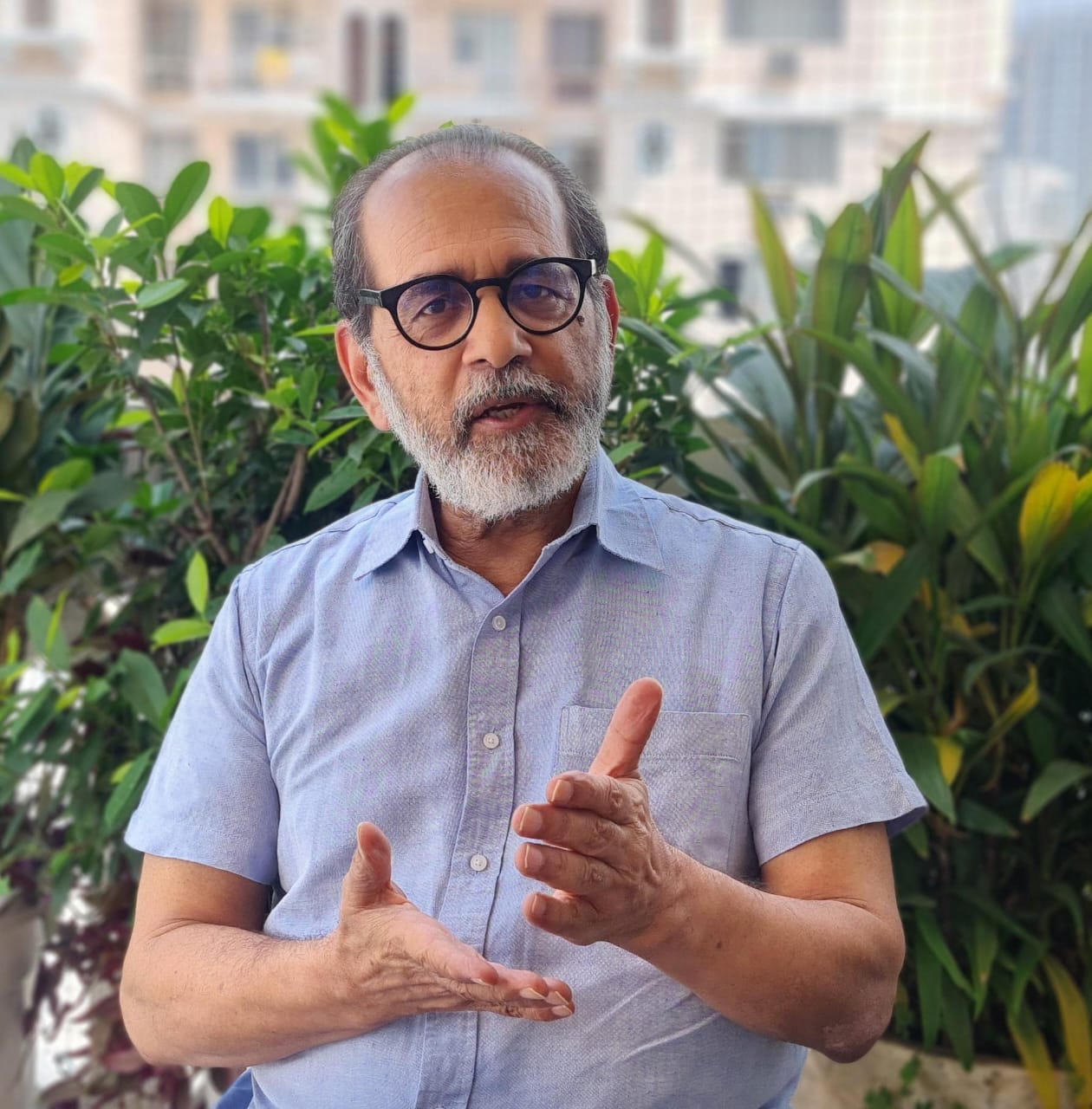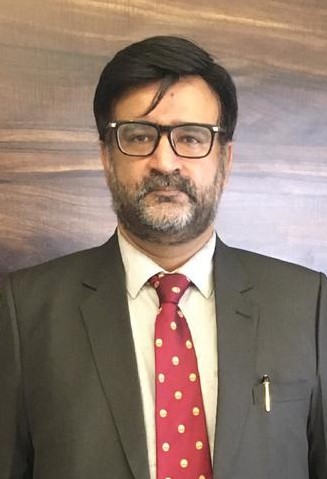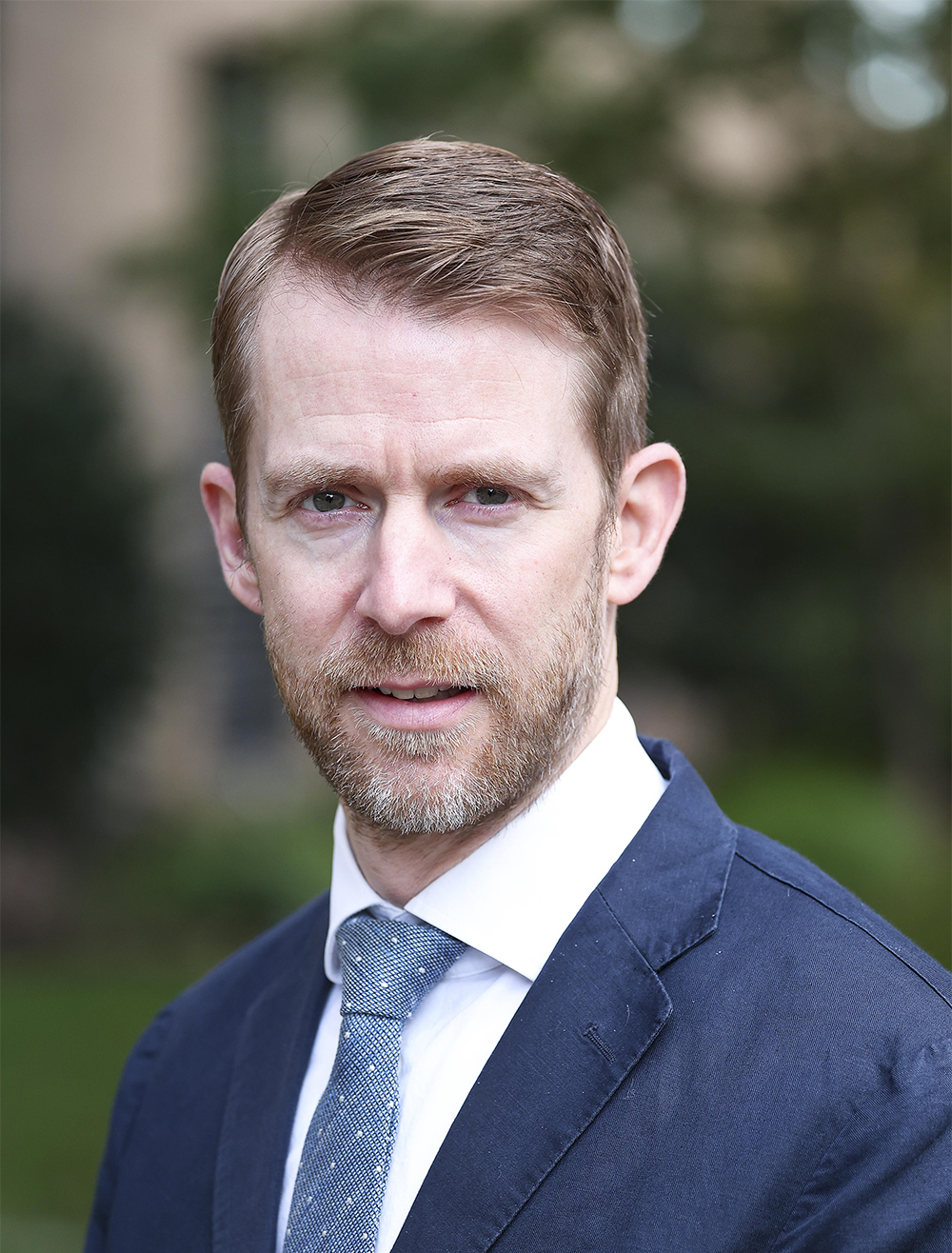An exploration into how India and Pakistan have perceived each other’s manipulations, or lack thereof, of their nuclear arsenals.
Rakesh Sood
{
"authors": [],
"type": "pressRelease",
"centerAffiliationAll": "",
"centers": [
"Carnegie Endowment for International Peace"
],
"collections": [],
"englishNewsletterAll": "",
"nonEnglishNewsletterAll": "",
"primaryCenter": "Carnegie Endowment for International Peace",
"programAffiliation": "",
"programs": [],
"projects": [],
"regions": [],
"topics": [
"Nuclear Policy"
]
}
REQUIRED IMAGE
Representing 40 non-government organizations at today’s UN conference, Jessica Mathews, president of the Carnegie Endowment, urged key governments to ratify the Comprehensive Nuclear Test Ban Treaty.
WASHINGTON, Sept 25—Representing 40 non-government organizations at today’s UN conference, Jessica Mathews, president of the Carnegie Endowment, urged key governments to ratify the Comprehensive Nuclear Test Ban Treaty.
The NGO statement, on behalf of a diverse set of nuclear nonproliferation and disarmament leaders, former public officials, and diplomats, said:
“CTBT entry into force is within reach. The next two years may represent the best opportunity to secure the future of this long-awaited and much-needed treaty. We strongly urge that like-minded pro-CTBT states work together to develop and execute a common diplomatic strategy to persuade the remaining states to sign and/or ratify the treaty before the next [CTBT] Conference two years from now.”
Speaking on the importance of the Treaty, Mathews said:
“Entry of the CTBT into force is vital and it is urgent. Nuclear proliferation is the biggest security threat of the 21st century and entry into force is an absolute prerequisite to the steps that have to be taken to plug the dangerous holes in the nonproliferation regime.”
To date, 181 states have signed the Treaty (including China and the United States) and 150 have ratified. Nine more states including—China, the DPRK, Egypt, India, Indonesia, Israel, Iran, Pakistan, and the United States—must ratify before the CTBT can formally enter into force.
###
Notes:
Carnegie does not take institutional positions on public policy issues; the views represented herein are those of the author(s) and do not necessarily reflect the views of Carnegie, its staff, or its trustees.
An exploration into how India and Pakistan have perceived each other’s manipulations, or lack thereof, of their nuclear arsenals.

Rakesh Sood
For Putin, upgrading Russia’s nuclear forces was a secondary goal. The main aim was to gain an advantage over the West, including by strengthening the nuclear threat on all fronts. That made growth in missile arsenals and a new arms race inevitable.

Maxim Starchak
A close study of five crises makes clear that Cold War logic doesn’t apply to the South Asia nuclear powers.

Moeed Yusuf, Rizwan Zeb
As states without nuclear weapons develop nuclear-powered submarines, can NWFZ regimes adapt to manage new technical, legal, procedural, and normative challenges?


Jamie Kwong, ed., Toby Dalton, ed., Celia McDowall, ed.
As the first states without nuclear weapons set to acquire nuclear-powered attack submarines, Australia and Brazil face new questions and challenges as they seek to responsibly manage the risks of naval nuclear propulsion.


Jamie Kwong, ed., Toby Dalton, ed.